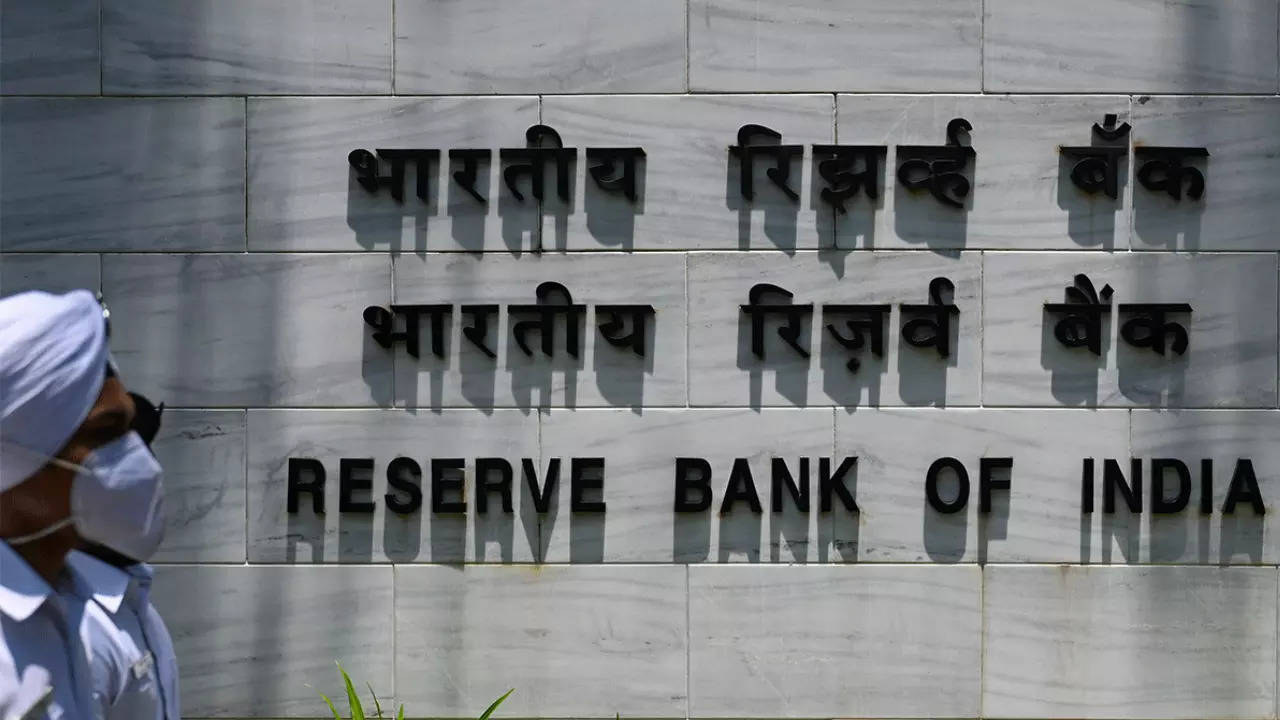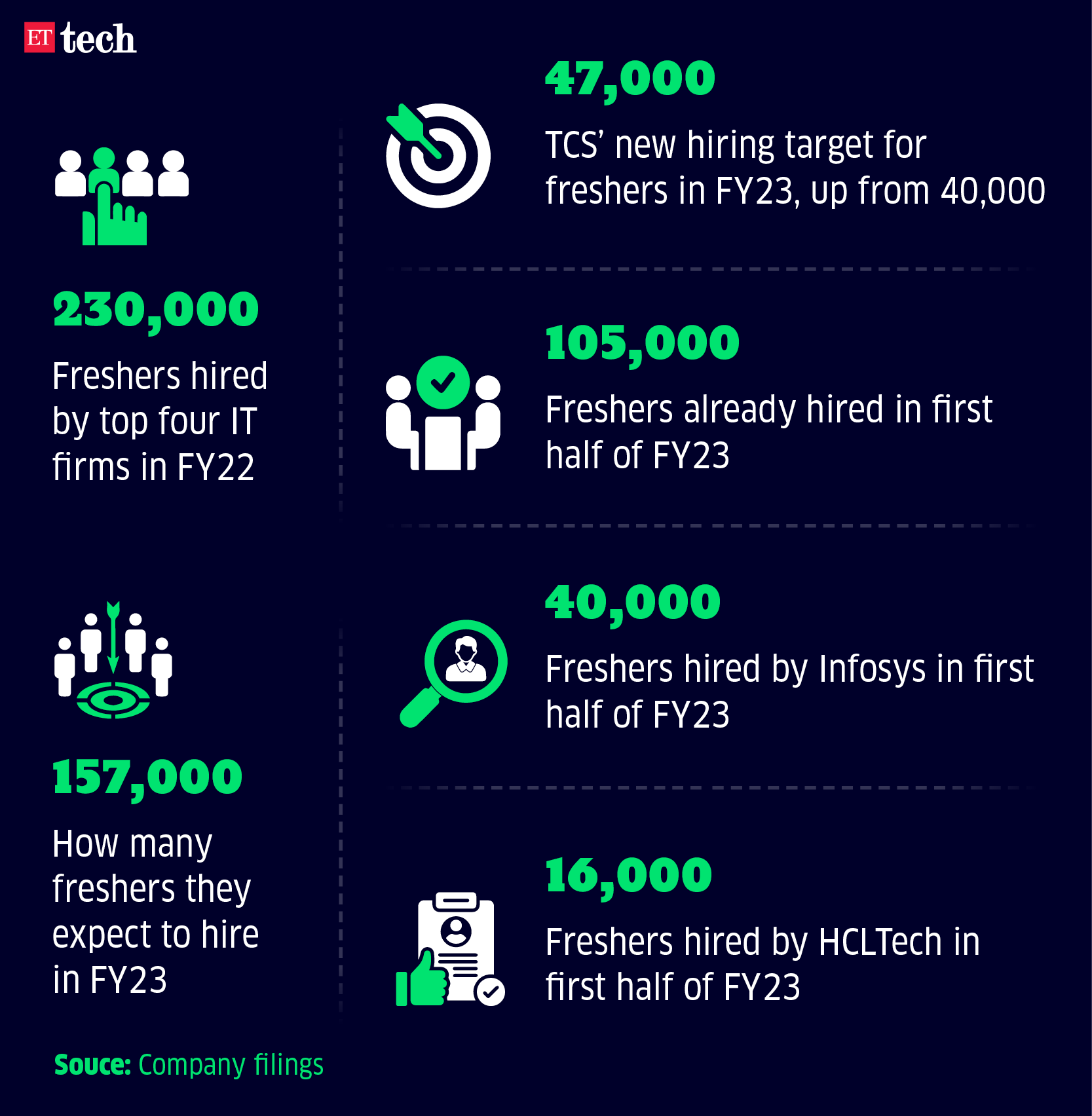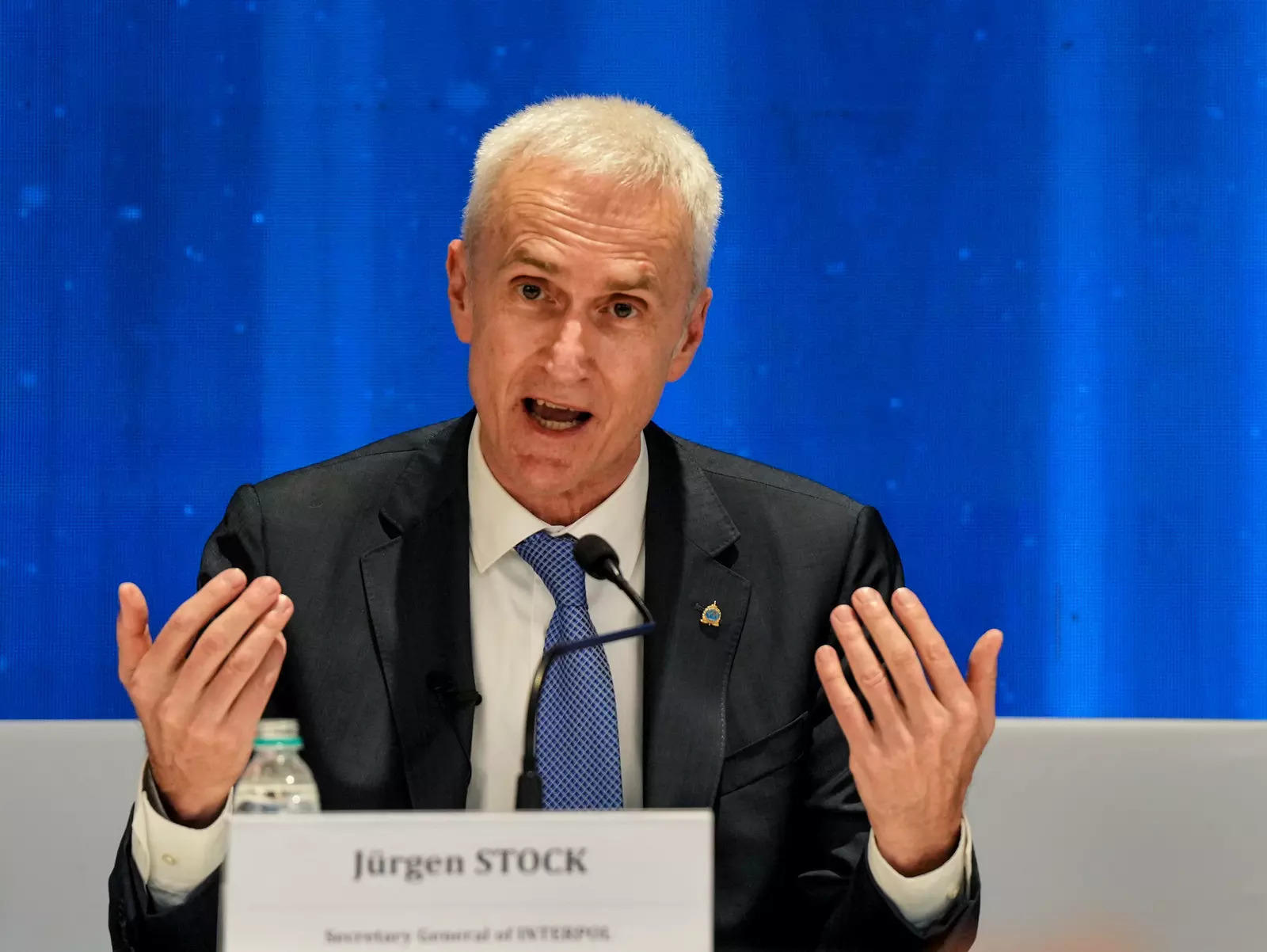Credit: Giphy
Also in this letter:
■ RBI paper flags risks from Big Tech’s links with Big Money
■ Cryptocurrencies are a clear and present danger: Interpol
■ Microsoft sacks another 1,000 in third round of layoffs since July
SpaceX applies for India licence to offer broadband from space

Elon Musk’s SpaceX has applied to India’s Department of Telecommunications (DoT) for a global mobile personal communication by satellite services (GMPCS) licence to launch broadband-from-space services in India through Starlink.
Driving the news: “SpaceX had earlier applied for an experimental licence but later withdrew it. They have now applied for a GMPCS licence,” an official privy to the details told us. The company applied for the licence last week, officials said.
Yes, but: DoT officials said getting a GMPCS licence does not mean SpaceX can start offering its services. It first needs approval from the Department of Space before it is allocated spectrum.
It will also need to establish in-country earth stations (satellite gateways) and deploy its global satellite bandwidth capacity in India. For these, it will need clearance from the Indian National Space Promotion & Authorisation Centre (IN-SPACe), a central regulatory body with a mandate to attract private capital in the space sector.
Competition: SpaceX is the third company to seek such a permit. The DoT has already granted GMPCS licences to Bharti Group-backed OneWeb and Reliance Jio Infocomm’s satellite arm.
Competition is intensifying in the nascent segment in India, which could be worth $13 billion by 2025, with Nelco of the Tata Group, Canada’s Telesat, and Amazon also exploring forays.
Big picture: According to a recent EY-ISpA report, India’s space economy is poised to grow to $13 billion by 2025 at a compound annual growth rate of 6%. Nearly 75% of rural India does not have access to broadband as many locations still lack cellular or fibre connectivity.
RBI paper flags risks from Big Tech’s links with Big Money

Risks emanating from the links between Big Tech companies and their role as critical service providers for financial institutions require the Reserve Bank of India (RBI) and other global financial regulators to calibrate their regulatory frameworks with a mix of entity- and activity-based rules, according to a new RBI research paper.
A fine balance: This is important for balancing the need for both data privacy and financial stability as regulators face the challenge of keeping up with innovations by Big Tech firms, it said.
Caveat: The paper was authored by officials from the RBI’s department of supervision and the central bank said the views expressed in it were those of the authors.
What this means: The key shift in addressing these risks, it said “lies in calibrating the regulatory frameworks with a mix of entity- and activity-based rules,” suggesting the formation of holding companies for entities involved in financial activities, and promoting activity-specific licences.
What’s the issue? Big Tech firms such as Alphabet, Meta and Amazon are uniquely positioned to alter the financial services landscape with their technological advantages, large user base, and widespread use by financial institutions. But the increasing and complex interlinkages between financial institutions and tech companies have become an area of concern, as the RBI paper shows.
By the Numbers
India’s top four IT service providers hired over 105,000 freshers during the first half of this fiscal year, up from 97,000 in the same period last year. However, they expect to hire fewer freshers in the whole of FY23 than they did in FY22.

Cryptocurrencies are a clear and present danger: Interpol

Jurgen Stock, secretary general of the International Criminal Police Organization (Interpol) said on Monday that the money-laundering via cryptocurrencies has emerged as a major threat across the globe.
In India for the 90th Interpol general assembly, Stock said, “Organised crime networks are making billions of dollars. The fact that 99% of stolen assets remain in criminal hands is of great concern.” He added, “The Interpol Global Complex for Innovation in Singapore is working on a mechanism to overcome these challenges.”
Playing catch-up: Crypto criminals typically have the latest tech at their fingertips and can pull off heists from an armchair in Timbuktu. The sleuths chasing them, however, do not always have the same access to technology, at least in India.
CBI special director Praveen Sinha, the Asian delegate to the general assembly, told us that to investigate “borderless crimes involving cryptocurrencies, we need cooperation from Interpol” and that with rapid changes in technology such as 5G, “law enforcement agencies in India needs to revisit their SOPs”.
Tweet of the day
Microsoft sacks another 1,000 in third round of layoffs since July

Microsoft has sacked around 1,000 people in a fresh round of layoffs, according to a report by US news website Axios.
Here we go again: This is the third round of layoffs at the Big Tech firm since July. Microsoft fired nearly 1% of its 180,000-strong workforce across offices and product divisions in July as part of a ‘realignment’.
In August it sacked another 200 employees working on R&D projects.
No ‘silent sacking’ for MS: Several technology companies, including Meta, Twitter and Snap have cut jobs and scaled back hiring in recent months as global economic growth slows due to higher interest rates, rising inflation and an energy crisis in Europe.
But while Meta and other Big Tech firms such as Alphabet and Apple have been somewhat subtle with their cutbacks or “restructuring” – which we termed ‘silent sacking’ – Microsoft hasn’t been shy of announcing hundreds or even thousands of layoffs at a go.
Today’s ETtech Top 5 newsletter was curated by Zaheer Merchant in Mumbai and Gaurab Dasgupta in New Delhi. Graphics and illustrations by Rahul Awasthi.
























